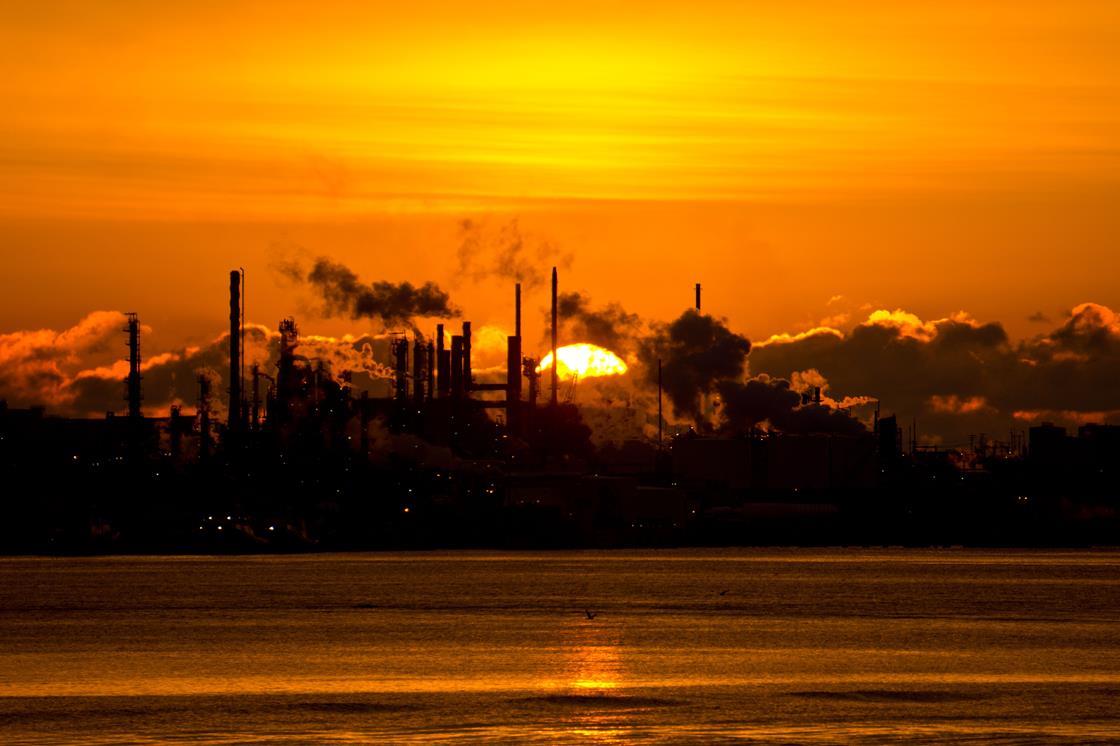UK Refineries Embrace Hydrogen for Decarbonisation and Survival
Key Ideas
- UK refineries like Essar Energy Transition are investing in hydrogen and carbon capture technologies to decarbonize and remain competitive.
- Hydrogen, particularly blue hydrogen, is playing a central role in refinery decarbonisation efforts in the UK.
- The refining sector in the UK is adapting to shrinking numbers and facing challenges like policy hurdles and economic disadvantages, urging for government support.
- Investments in decarbonisation are seen as crucial for the survival of refineries, with potential savings in carbon taxes and opportunities for growth.
The UK refining sector is undergoing significant changes as it grapples with global competition, environmental regulations, and declining fuel demand. Companies like Essar Energy Transition (EET) at Stanlow are leading the way in investing in low-carbon technologies, with a strong focus on hydrogen and carbon capture to ensure their viability and sustainability.
Hydrogen, particularly blue hydrogen produced with carbon capture, is at the forefront of refinery decarbonisation efforts. EET plans to utilize hydrogen for heat and power generation, while ExxonMobil's Fawley refinery is enhancing its production processes using hydrogen to create ultra-low sulfur diesel and jet fuel.
Despite the industry-wide transformation, challenges persist for UK refineries due to location-specific hurdles, infrastructure limitations, and access to carbon capture technologies. Refineries like Humber are exploring new avenues by producing high-value products such as graphite coke and sustainable aviation fuel.
Policy and economic obstacles, such as carbon pricing and lack of import tariffs on high-emission fuels, are placing domestic refineries at a disadvantage. Industry leaders are advocating for stronger government support and border adjustment mechanisms to level the playing field and facilitate long-term decarbonisation goals.
The push towards decarbonisation represents a lifeline for refineries like Stanlow, offering potential savings in carbon taxes and positioning them as leaders in the low-carbon transition. However, challenges persist, with the government's role seen as crucial in supporting the industry's transformation and ensuring a competitive and sustainable future for UK refineries.
Topics
Production
Decarbonisation
Carbon Capture
Competitive Landscape
Industry Transformation
Policy Challenges
Low-carbon Technologies
Refineries
Economic Hurdles
Latest News
